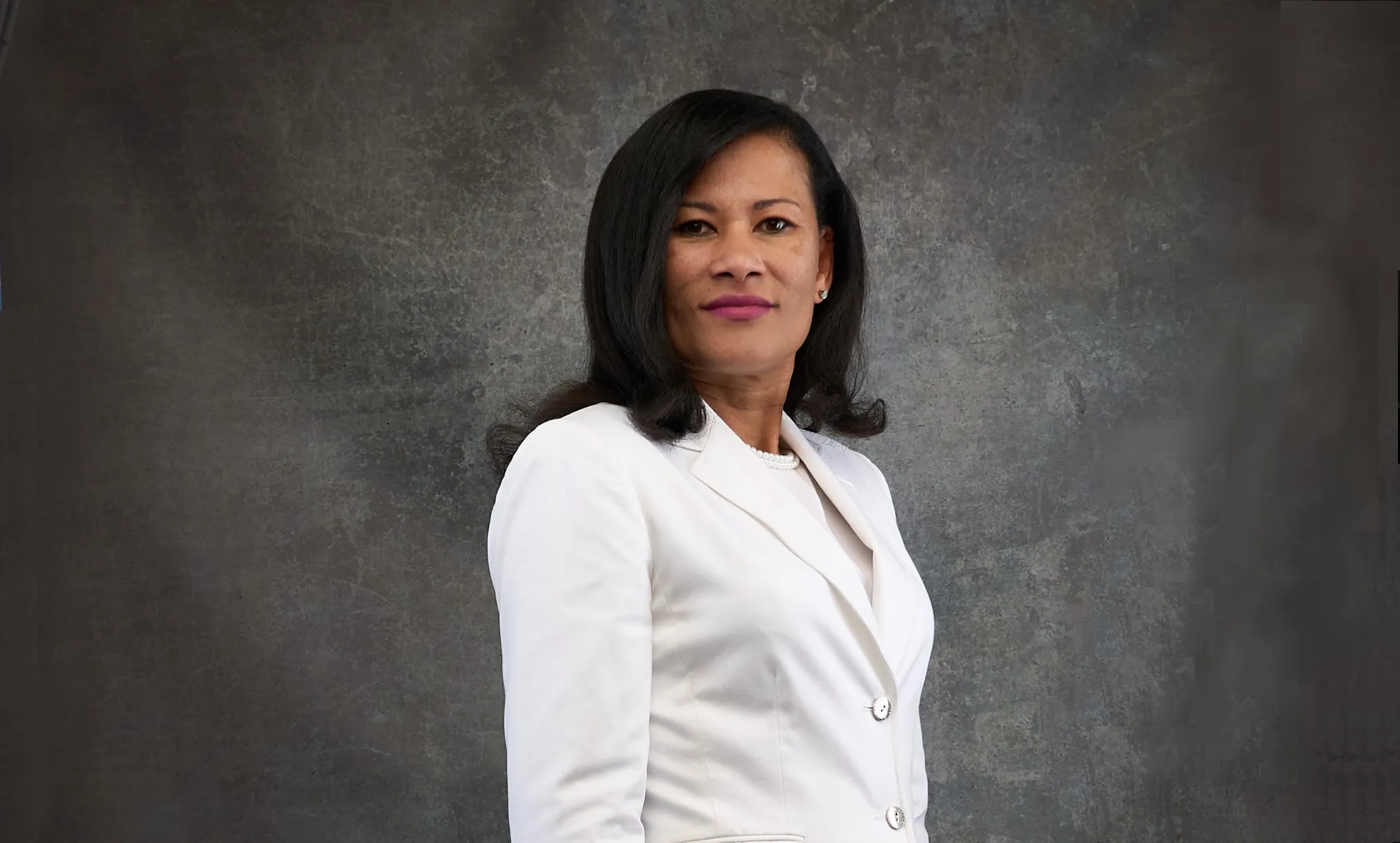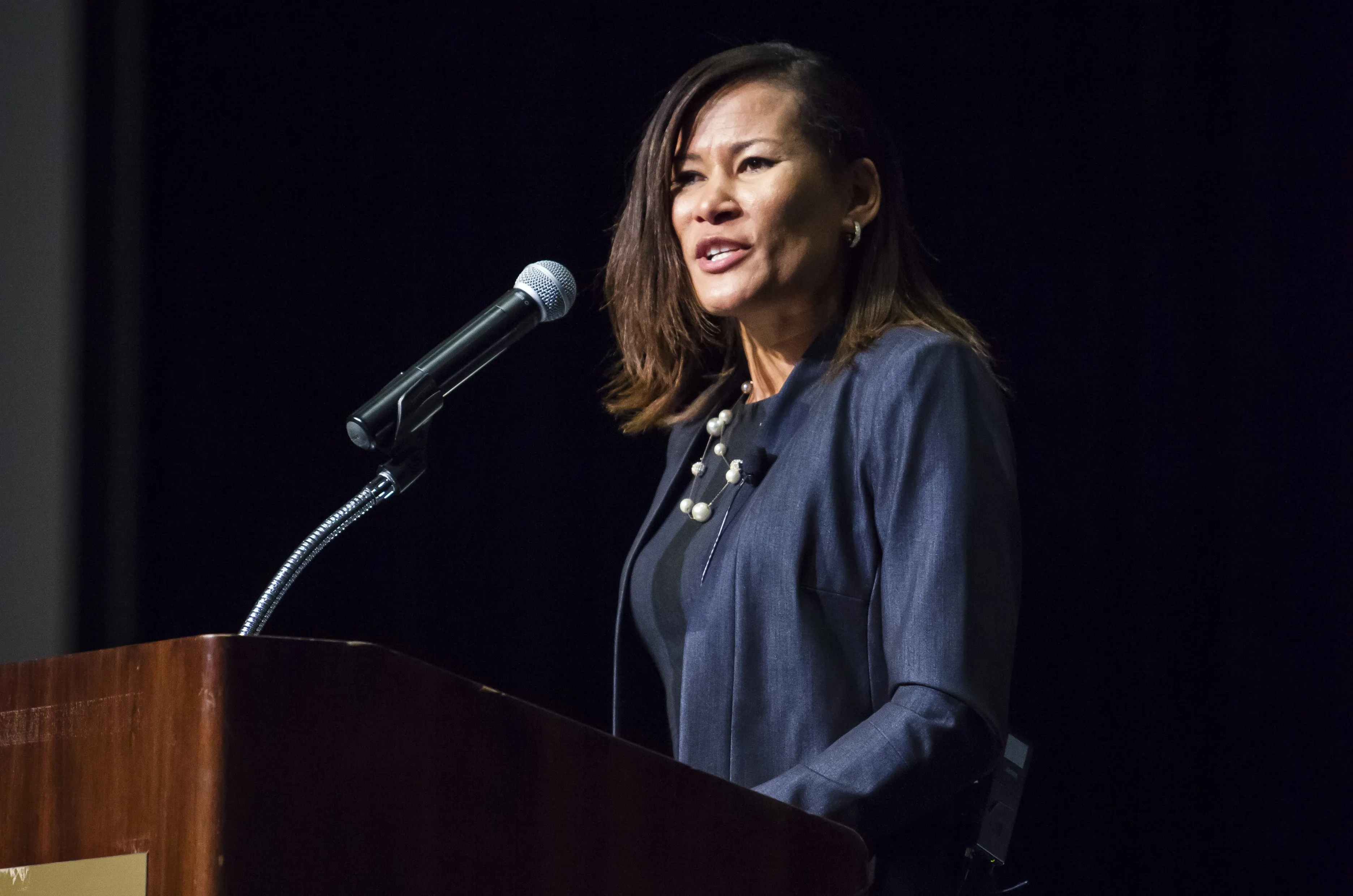
Finding Acceptance And Belonging. From The Eyes Of A Genocide Survivor.
How do you find belonging when you are different then everyone around you?
Q: At the age of seven you moved from France to Rwanda what was that like?
MC: Life in Rwanda was very difficult. Suddenly I was in this environment where everything was different. I didn’t understand the culture, customs, or the language. I am also biracial, so I stood out wherever I went. I felt like I didn’t belong anywhere at that time.
Q: How were you treated by your peers at school, and just in the general?
MC: It was very hard for me to make friends because at the time I didn't speak Rwandan. I only spoke Romanian and French. There were times I felt mocked, but I couldn’t understand what they were saying about me. Kids would kick me, and I would wonder what just happened. In the community I stuck out as a lighter skinned child, and I was rejected. Life was hard there, and everywhere I went people turned to look at me. Even at school they put me in a chair at the back of the room away from other kids, because they didn’t know what category to put me in.
Q: How did that affect you as a person?
MC: I was lonely and I just wanted to go back to Europe. There were times when I thought something was wrong with me, because of how I looked. It affected me so much that eventually I became suicidal.
Q: During that time was there anyone that made you feel like you did belong?
MC: No, nobody ever approached me and tried to be friends, or tell me I was worth it. Including adults, they acted like those young kids. It was weird for me.

Marie-Chrsitine Williams Speaking In St. Louis
Q: After the genocide you moved back to Europe. You were finally going home, what was that like?
MC: After the 1994 Rwandan genocide, I was 14 years old and completely broke physically and mentally. I was in a wheelchair for many years, and had a lot of scars. I was back in Europe, but still felt like an outsider because of the way I looked. Anywhere I went, everybody look to see what was wrong with me because of all the scars. I felt rejected. I felt exactly the same way I felt the first time I went to Rwanda.
Q: Was there anyone at this time that gave you a feeling of belonging?
MC: Yes, my grandmother Leontina. She was an amazing person. She always encouraged me, and showed me love. I felt like I was safe because she was in my life.
Q: She was obviously a powerful figure in your life. Was there anything else she did to make you feel accepted?
MC: She always told me that my hardship is part of my past, and I have to find a way to build a better life for myself. She told me if I lived the way I was thinking at that time, I wouldn’t to make it in life. I wouldn’t be successful. She encouraged me to make friends and go to school. She told me to think about what I want to do when I'm in my twenties and thirties. She painted a picture of how my life would look if I changed my mindset.
Q: You have a very diverse background and have lived all over the world. What advice would you give to people who do not feel like they belong?
MC: I can tell you sometimes we feel like we don't belong because of our mindset. Sometimes we need to be proactive. If you’re at a gathering and see someone who is alone, just go talk to them. Go introduce yourself to them, and make connections. Because once you start to approach people, you are going to feel in control. But if you sit back and wait for people to come to you, you already feel like you do not belong.
Q: What advice would you give to companies that want to create a culture where everybody feels accepted and like they belong?
MC: I would tell them to foster the active approach I just described to all levels of their organization. Encourage everyone to focus on making one new person feel welcome and accepted every day. When everyone embraces this idea it will open up a better workplace environment.
Marie-Christine Williams is the author of “The Dark Side Of Human Nature” and speaks at companies, universities, and military bases. She inspires audiences with the story of her triumph over a past filled with abuse, horrific events, and struggles. Her book is being developed for a screen play, and is planned for pre-production in the fall of 2024. The director, well known cinematographer Kees Van Oostrum, is working with producers, Tony Adler and Brandon Menchen from Brantone Films, and screenwriter Jon Scheide.
To book for your event or learn more about Marie-Christine Williams visit: https://mariechristinewilliams.com/
© Copyright 2024 Marie-Christine Williams. All Rights Reserved.
